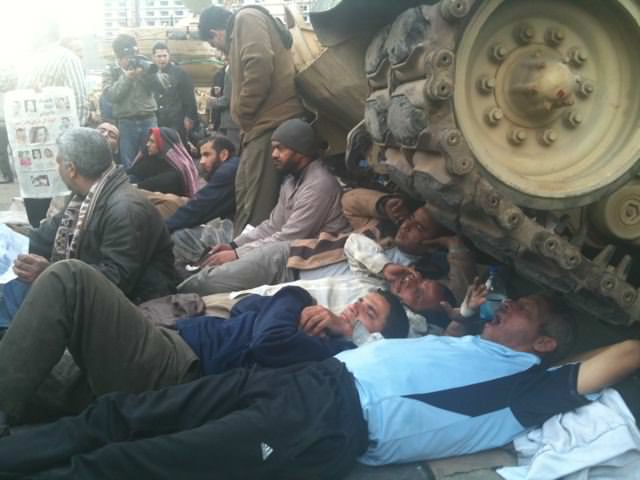Overlay all the recent revelations of the NSA spying operations. And the drone-based killings in far away lands. Think about the long-running Guantanamo issue.
Add to this the interventions in Afghanistan, Iraq, Libya, and the very strange relationship with Pakistan and Egypt.
All set?
Now, try to put together a statement on what America stands for.
Confused? You can't seem to figure out what exactly is the ideal for which America carrying is the torch?
There is a vast divide between the ideals that we think America represents and the reality of America, right?
This is not new at all. It has always been this way.
In my early years, back in the old country, I was dead set against the US because I could not understand how America could talk all glorious things and act like a jerk. Which is why my parents were quite shocked when they came to know that I had decided in favor of graduate schooling in the US, with an even larger goal of making America my home.
It is just that I had made my peace with the fact that all the countries act like jerks and that there is no saintly country.
One of my earliest experiences with the disconnect between the American ideal versus the American realpolitik was during the 1971 India-Pakistan wars that led to the birth of an independent Bangladesh. It was a simple question that my young mind had: if America is all for democracy, then wouldn't America support India instead of supporting Pakistan?
A simple question, a simplistic one, that only kids might have, right? But, often we overlook those simple bottom-lines. I suppose as adults we lead lives full of contradictions that we automatically begin to discount the conflict between the ideals and the reality. How depressing that this is, also, a part of growing older and "wiser!"
All those memories of my growing up years in India seem to have been dusted off by this wonderful book-review essay by Pankaj Mishra, who writes about "Nixon, Kissinger, and the Bangladesh genocide." (sub. reqd.)
It jolts me, yet again, even after all these years, to read about the language that Nixon and Kissinger used, which reflects their attitudes towards the people of the Subcontinent, its leaders, and their priorities. Indira Gandhi was a "bitch," Indians are "such bastards" and "a slippery, treacherous people" and more.
How unfortunate that Kissinger is praised as a statesman, and even Nixon too! As Shakespeare wrote, "For Brutus is an honourable man; So are they all, all honourable men."
It is not only that they made such comments, but made them when the US ambassadors stationed in India and Pakistan were sending them cables that Pakistan was destroying democracy and committing genocide. Mishra offers this Nixon quote from one of the books he reviews:
Biafra stirred up a few Catholics. But, you know, I think Biafra stirred people up more than Pakistan, because Pakistan they're just a bunch of brown goddamn Moslems.""For Brutus is an honourable man; So are they all, all honourable men."
And what was the larger purpose that Nixon and Kissinger were aiming for? Even as Nixon dismissed Pakistanis as "brown goddamn Moslems" he was using the Pakistani dictator-general Yahya Khan as "the principal intermediary between Beijing and Washington, personally conveying to Chinese leaders the Americans' desire for a closer dialogue."
Nixon and Kissinger are celebrated for opening up to China. You know, the Asian country of Mao that was a champion for democracy and human rights! "It is like Nixon going to China" is now a phrase to describe major policy shifts.
"For Brutus is an honourable man; So are they all, all honourable men."
In wrapping up the essay, Mishra writes:
[Many] postwar Administrations, Democratic as well as Republican, violated American ideals of democracy and human rights while pursuing what they saw--mostly wrongly--as national interests.We have this profound image of America as a symbol for democracy and human rights. Time and again, we are reminded that reality has nothing to do with the symbol.
More from Mishra:
Obama was expected to restore an ethical sheen to post-9/11 foreign policy, but he has intensified drone warfare in Yemen and Pakistan, pursued whistle-blowers, and failed to close down Guantanamo. It is difficult to imagine him risking Israel's security by taking a hard line against the Egyptian generals--especially not while he weighs the appropriate response to Syrian war crimes, copes with the human costs of Iraq occupation and of the intervention in Libya, seeks peace with honor in Afghanistan, re-starts peace talks between Israel and Palestine, and controls the fallout from Edward Snowden's revelations.Who cares for the millions of real people who get killed, tortured, driven out of their homes, in the process, right?
Aren't you happy that you are also older and "wiser?"

